Ramana Nanda - Academic Lead and Co-Director
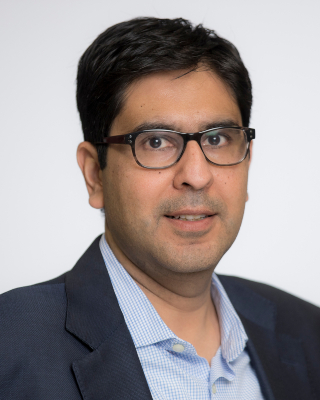 Ramana Nanda is Professor of Entrepreneurial Finance and Co-Director of the Institute for Deep Tech Entrepreneurship at Imperial College London. From 2007 to 2021, Ramana was a faculty member at Harvard Business School, most recently as Sarofim-Rock Professor and co-director of the Private Capital Project. He received his PhD from MIT's Sloan School of Management and has a BA and MA in Economics from Trinity College, Cambridge.
Ramana Nanda is Professor of Entrepreneurial Finance and Co-Director of the Institute for Deep Tech Entrepreneurship at Imperial College London. From 2007 to 2021, Ramana was a faculty member at Harvard Business School, most recently as Sarofim-Rock Professor and co-director of the Private Capital Project. He received his PhD from MIT's Sloan School of Management and has a BA and MA in Economics from Trinity College, Cambridge.
Ramana’s research examines financing frictions facing new ventures, to shed light on how financial intermediaries, corporate R&D and policymakers can improve the odds of selecting and commercializing the most promising ideas and technologies in the economy. He is a recipient of the 2020 ERC Consolidator Grant and 2015 Kauffman Prize Medal, which is awarded annually to one scholar under age 40 whose research has made a significant contribution to the literature in entrepreneurship.
Prior to starting his PhD, Ramana was based in the London and New York offices of Oliver, Wyman & Company, where he worked primarily with clients in global capital markets as well as in small-business banking. He continues to advise startup ventures on their financing strategies and also works with philanthropists and investors looking to back "deep tech" entrepreneurial solutions to global challenges.
Peter Crawley
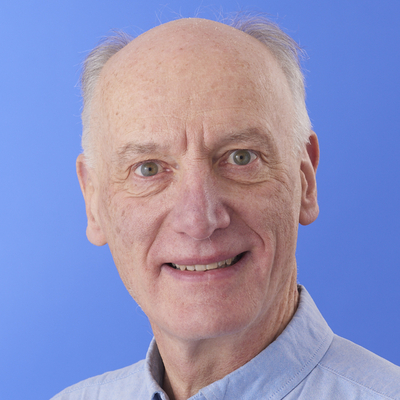 Peter Cawley received BSc and PhD degrees in Mechanical Engineering from University of Bristol in 1975 and 1979 respectively. He worked in industry from 1979-1981 and then joined the Mechanical Engineering Department at Imperial College, London initially as a lecturer and then successively senior lecturer, reader and professor. He was head of the department for 7 years to October 2019 and is now Engineering Associate Dean for Enterprise, encouraging technology transfer activity across the faculty. He founded the Imperial NDE research group and was also the principal investigator of the UK Research Centre for NDE (RCNDE) from its formation in 2003 to March 2020.
Peter Cawley received BSc and PhD degrees in Mechanical Engineering from University of Bristol in 1975 and 1979 respectively. He worked in industry from 1979-1981 and then joined the Mechanical Engineering Department at Imperial College, London initially as a lecturer and then successively senior lecturer, reader and professor. He was head of the department for 7 years to October 2019 and is now Engineering Associate Dean for Enterprise, encouraging technology transfer activity across the faculty. He founded the Imperial NDE research group and was also the principal investigator of the UK Research Centre for NDE (RCNDE) from its formation in 2003 to March 2020.
Peter is a fellow of the Royal Academy of Engineering and of the Royal Society. He is a director of Guided Ultrasonics Ltd that was set up to exploit the guided wave inspection and monitoring technology that was developed in his lab. From 2009-2016 he was chairman of Permasense Ltd that was set up to exploit his group’s work on wall thickness monitoring at high temperatures; the company was acquired by Emerson Inc in 2016. He also set up a company in Sweden to exploit a technology for the monitoring of dental implants that was developed in his lab; this was acquired by Swedish investors and now trades as Osstell. Peter also chairs Cognition Energy, a battery testing and services company with links to Imperial and is a director of Rheon Labs, a company formed by an Imperial PhD student selling novel impact protection and energy control technology.
Jonathan Jeffers
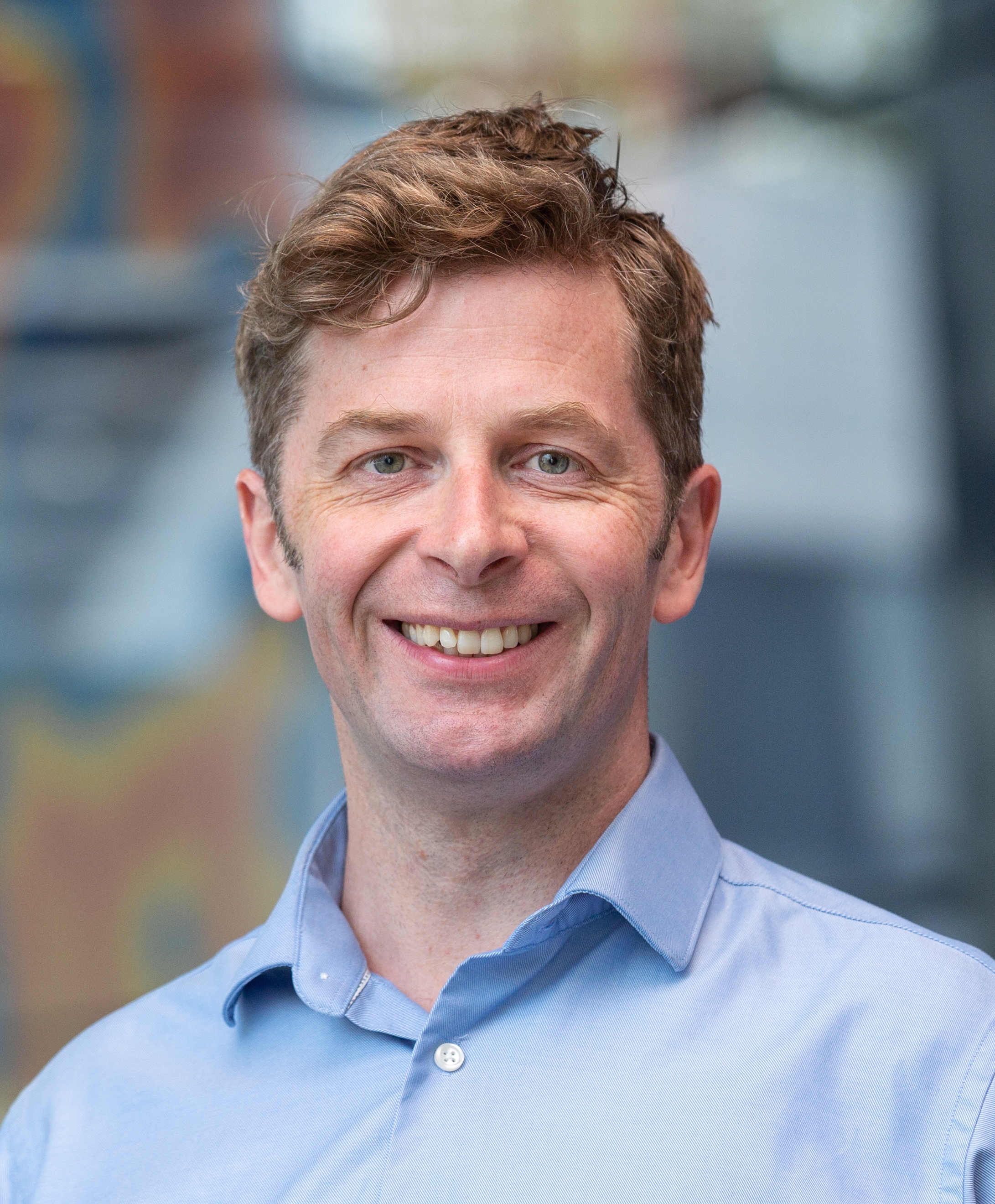
Jonathan is a Professor of Mechanical Engineering and the Associate Dean for Enterprise in Engineering at Imperial. His career has switched several times between academia and industry which has given him the knowhow of extracting research from university labs into the commercial space. Jonathan has considerable experience in forming spinouts from university research and sold his last spinout to Smith & Nephew in 2023. He has also led a successful academic career with numerous awards in the orthopaedic field including surgical instruments, additively manufactured implants and the biomechanics of joint preserving surgery. Jonathan is currently a director of OSSTEC Ltd, a company that makes implant technology for early interventional treatment of osteoarthritis.
David Klug
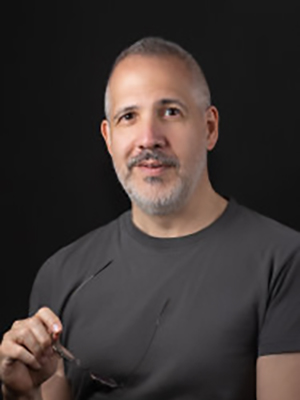
David Klug joined the Department of Chemistry in October 1998, having from October 1995 held a joint position in the Departments of Biochemistry and Chemistry. From October 1990 to September 1995 he was a Royal Society University Research Fellow jointly in Biochemistry and Chemistry. He graduated in Physics at University College London in 1984, and obtained his Ph.D. at The Royal Institution in 1987.
David is co-founder of the Institute of Chemical Biology (www.chemicalbiology.ac.uk ), which co-ordinates teaching and research activities in Chemical Biology. He also chaired the Single Cell Proteomics Project, a £5 million multidisciplinary collaboration of eight research teams developing and applying novel platform technologies to high throughput and single cell analysis and the Proxomics Project, platform technologies for the analysis of oxidative damage to proteins.
Current research interests are focused on the development and deployment of two platform technologies. 1) EVV 2DIR spectroscopy for the analysis of drug-target binding contacts and geometry. 2) Single molecule-sensitive affinity assays for the analysis of single and rare human primary cells in a variety of contexts.
David is currently Associate Dean for Enterprise and works with Imperial College start-ups and strategic partners. He assists with bringing Imperial College inventions to the wider world for socio-economic benefit.
David has been a co-founder of four companies, chaired scientific advisory boards and has authored more than 20 patents. He is currently Founder and Chief Scientific Officer of Panacea Diagnostics, a company dedicated to the development of a universal platform for monitoring health and the early detection of disease.
Mike Romanos
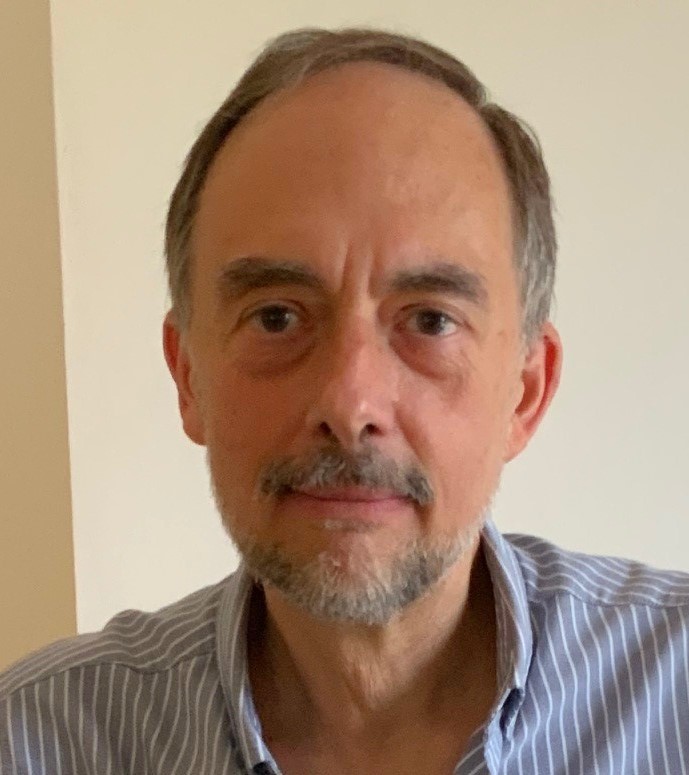
Mike is an experienced biotech and pharma leader who joined Imperial College as Associate Dean for Enterprise in Medicine in 2023 to strengthen the ecosystem in biomedical translation and commercialisation. He has deep experience in the science, IP and management of bioscience enterprises in a very wide range of platforms, modalities and therapeutic areas, gained over 35 years in biotech and pharma.
Mike co-founded and led three biotech companies, building the platforms, developing pipelines into clinical development, signing major pharma and academic collaborations, and scaling two of them to over 50 staff and multiple rounds of financing. Microbiotica is a microbiome precision medicine spinout of the Wellcome Sanger Institute, developing novel therapeutics in immuno-oncology and IBD for which he raised $67m in 2022. Crescendo Biologics is a transgenic antibody fragment platform company spun out of the Cambridge Babraham Institute with a clinical pipeline in oncology and inflammation. NK:IO is an NK cell immunotherapy with transformational technology spun out of Imperial College. Prior to that Mike was senior manager in GSK; he built and led major trans-national R&D groups over a period of 10 years, covering the full scope of Discovery and helping to shape the company’s platforms and pipelines across multiple therapeutic areas and modalities.
Mike is a member of the Crick Institute Translational Advisory Group that reviews and selects projects for translational funding. Previously he was a Board Director of LifeArc for 7 years, Director of the UK’s BioIndustry Association (BIA), and Venture Partner for UK Innovation to Seed (UKI2S) fund focusing on synthetic biology. At LifeArc Mike was part of the Keytruda royalty monetisation team which brought in $1.8bn and enabled LifeArc to become a major force in translation in the UK. He has been involved in funding panels for the MRC, BBSRC and EU over 25 years, including the MRC’s DPFS scheme for translational academic research, and in providing advice to government departments.
Prior to industry, Mike’s academic work included research in influenza virology (MRC National Institute for Medical Research) and in yeast biotechnology (Leicester Biocentre). He holds a degree in Natural Sciences from Cambridge University, a PhD in Molecular Virology from Imperial College, and is a Fellow of the Royal Society of Biology.